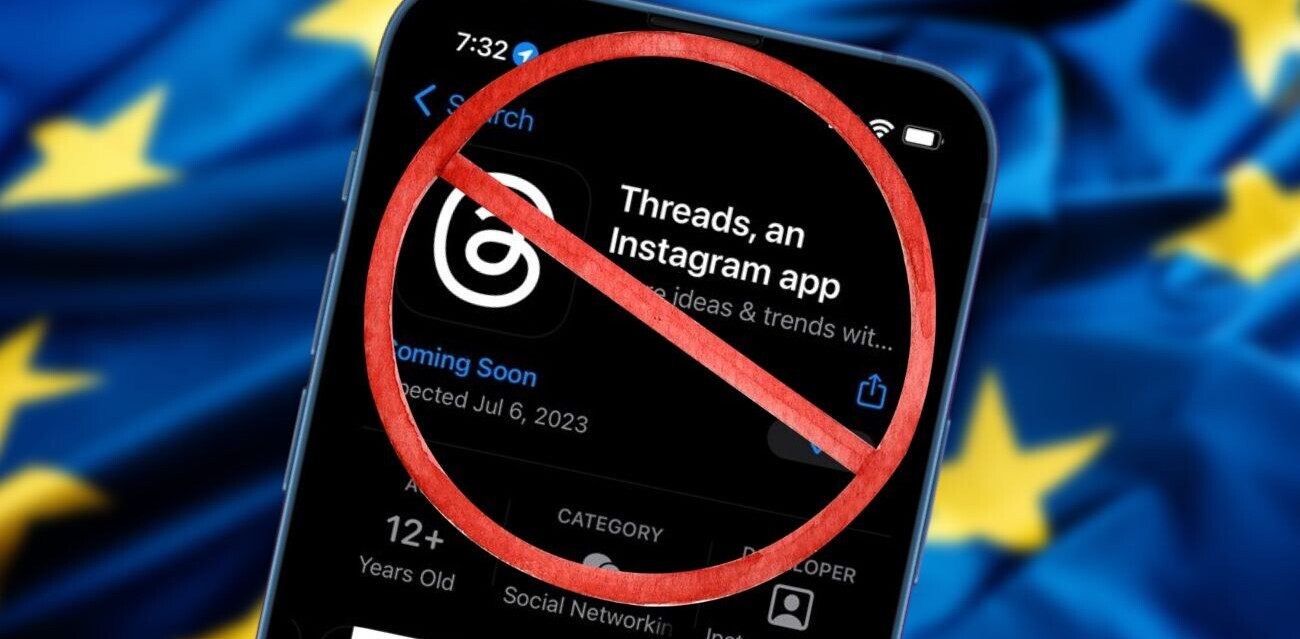
Insight analyst Lizzie Dunmore today published an analysis of Twitter interactions on the topic of AI between the general public, the media, and the 18 most influential AI influencers.
Dunmore, who works for Onalytica, looked at a year’s worth of tweets from 3,000 influencers and 1,000 news media outlets to figure out who the most influential AI tweeters tweeting on Twitter ’twere (that’s bad grammar; good poetic license). She also determined what impact their interactions (likes and retweets) had on the top media outlets publishing AI stories. Furthermore, she even revealed whether the media outlets or the individual influencers had more influence on the general public.
It was the influencers. According to Dunmore:
The Top 50 Media Outlets had a 93x larger reach on average than the Top 50 Influencers yet, despite this, influencers’ average engagement per follower on AI posts was 168x higher than that seen for media outlets. This trend was also seen when looking at average engagement per AI post – where influencers received 58% more engagement than media outlets.
Spiros Margaris, one of the aforementioned AI influencers and an expert in the field, told Onalytica:
Onalytica’s findings indicating that the public interacts more with the AI influencer community over media outlets doesn’t surprise me at all. Key AI influencers play a very powerful role to spread AI insights, since they have high credibility with their engaged audience and are considered to be reliable and trusted source for AI insights.
But to be completely fair, journalists and politicians were explicitly excluded from the list of influencers. That means the jury is still out on whether me (a technology journalist who has reviewed not one, but two articulated fighting robots) and President Donald J. Trump (the US artificial intelligence advisor to the White House) are actually more influential than the 18 people who made the Onalytica list.
Topping the list of most influential people tweeting about AI on Twitter was Oxford’s Sandra Wachter (@SandraWachter5). Despite only having a little over 5K followers she generated 149,022,652 impressions in a year. She’s followed by venture capitalist and AI expert Kai Fu Lee (@Kaifulee), who also boasts more than 100 million impressions – but he’s got a following of over 1.6 million Twitter followers, making Wachter’s influence all the more impressive.
We have the opportunity to shape the future of #AI – I’m honored to be apart of the community dedicated to advancing this new but promising field of #science and #tech
RT @SpirosMargaris: https://t.co/FyKTSH3YYC
— Kai-Fu Lee (@kaifulee) February 28, 2019
After Lee, the next closest influencer is Google Brain co-founder Andrew Ng (@AndrewYNg) with a little over 30 million impressions. The other 15 influencers listed are:
- Oren Etzioni, @etzioni
- Paul Daugherty, @pauldaugh
- James Wilson, @hjameswilson
- David Linthicum, @DavidLinthicum
- Rana El Kaliouby, @kaliouby
- Conner Forrest, @ConnerForrest
- Spiros Margaris, @SpirosMargaris
- Mikko Hypponen, @mikko
- Ray Wang, @rwang0
- Brian Honan, @BrianHonan
- Bask Iyer, @baskiyer
- Phil Siarri, @philsiarri
- Ann Cavoukian, @AnnCavoukian
- Bill Schmarzo, @schmarzo
- Bernard Marr, @BernardMarr
Just what are these influencers tweeting? According to the research, they’re mostly sharing articles from Forbes and Medium. Here’s a chart showing “how many times the Top 50 Influencers shared articles/content from the top 20 Media Outlets on the topic of AI, alongside how much engagement (in the form of Likes & Retweets) these influencer posts received,” from an Onalytica blog post:

And here’s the media outlets that received the most inbound engagements (likes and retweets) from the influencers themselves:

So what does it mean? Well, for one, influencers drive interactions on social media and that probably means pageviews for the articles they push. Just how many pageviews is a question only the individual media outlets can answer. But, suffice to say that there’s a bit of symbiosis between AI developers, AI influencers, and the media.
Now we just need to make sure we’re not sending the wrong message when we’re out there on Twitter influencing the general public’s opinions on machine learning and artificial intelligence.
Want to learn more about AI than just the headlines? Check out our Machine Learners track at TNW2019.
Get the TNW newsletter
Get the most important tech news in your inbox each week.





